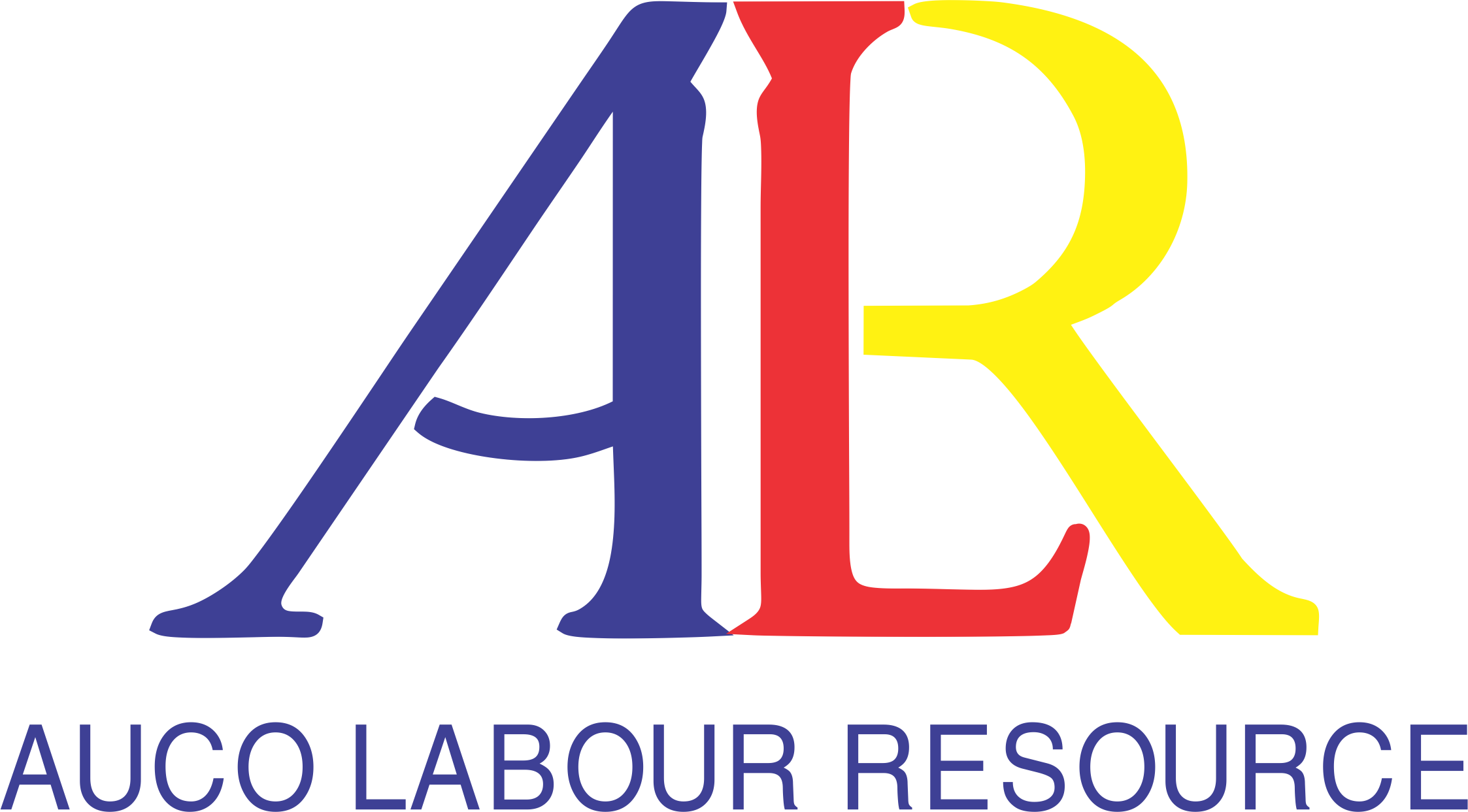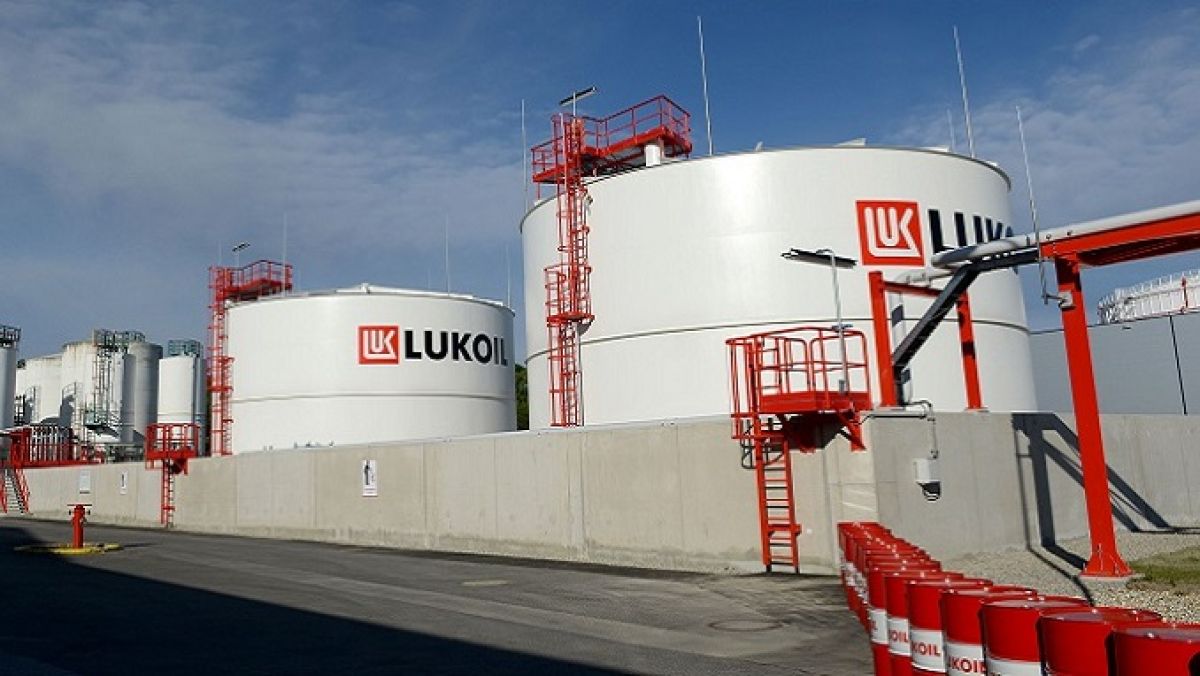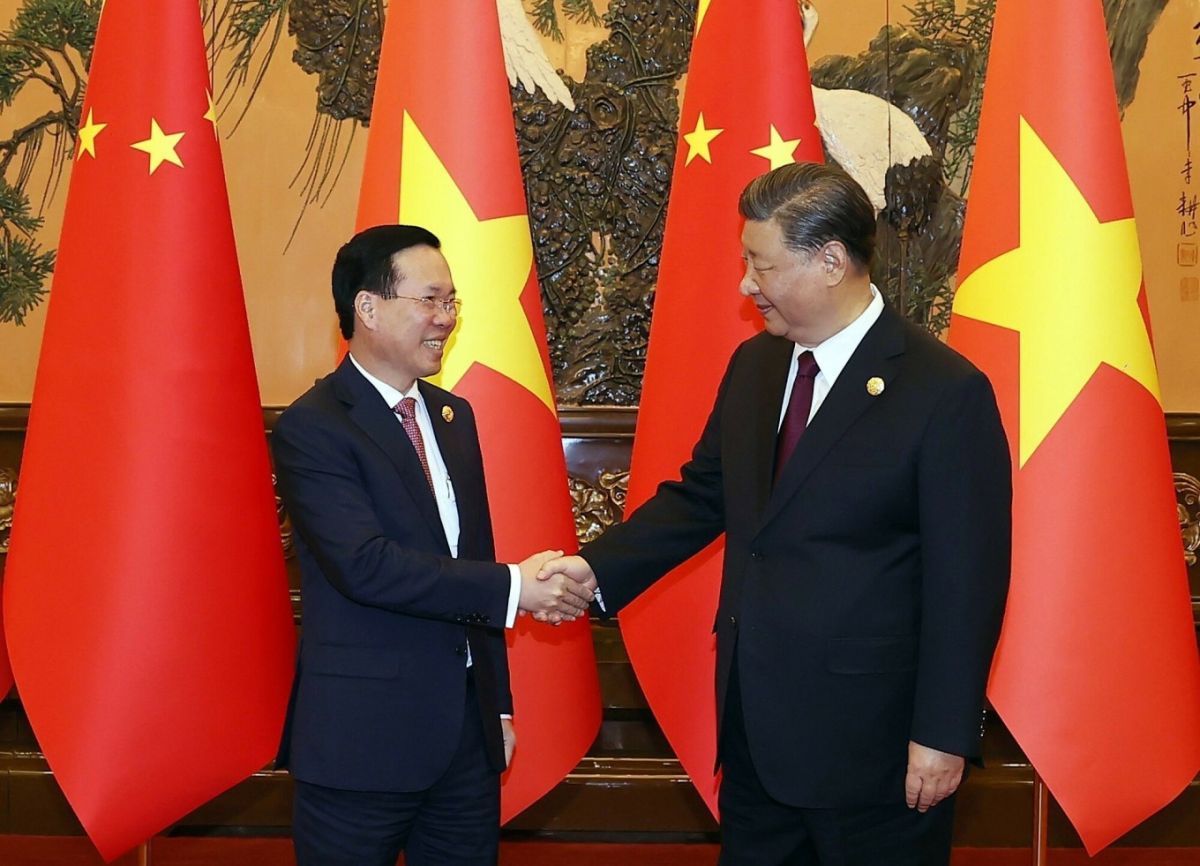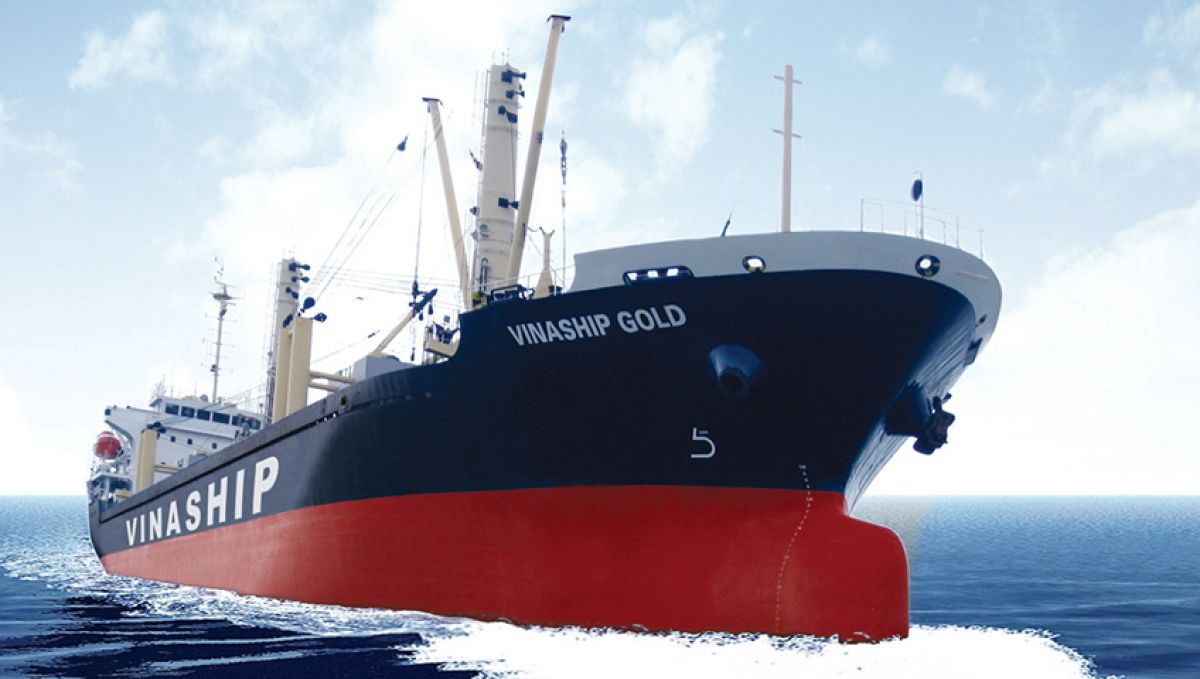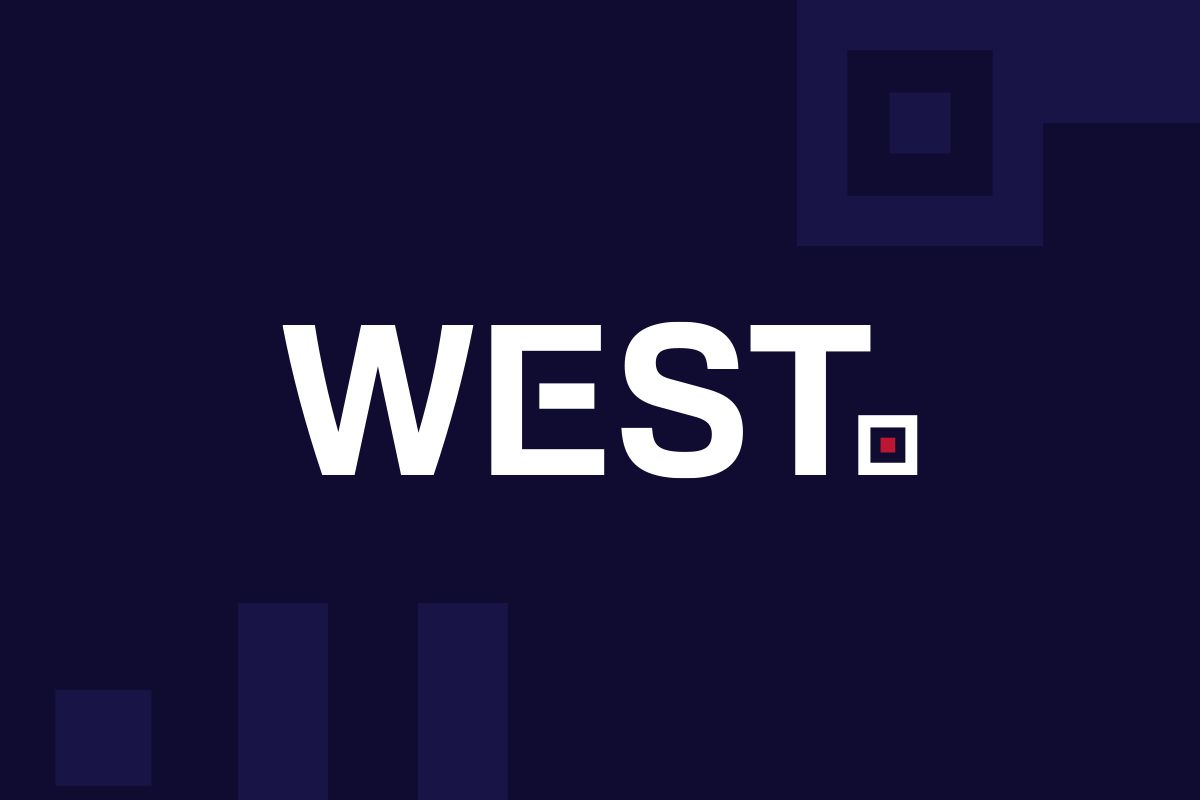Like a cockroach taking advantage of loopholes, Russian oil is still allowed into the EU, sold at ceiling prices, despite sanctions.
In early August, Bulgarian officials discovered something illegal. Russian oil barrels arrived in this country at prices above the $8 ceiling imposed by the West to reduce Moscow's revenue.
Within the European Union, Bulgaria is exempted from sanctions related to the ban on Russian oil imports to ensure it does not face severe energy shortages. But can they import Russian oil if prices exceed the ceiling?
Customs in Bulgaria's Sofia wanted to know for sure, so they contacted EU officials to ask for "clarification". The answer they received was: Let it in.
According to customs data Political access, Bulgaria imported Russian crude oil above the price ceiling from August to October. The Center for Research on Energy and Clean Air (CREA) said the shipments were worth about 8 million euros. Cash goes to Russian energy companies.
Bulgaria is one of the loopholes in a series of sanctions packages that Europe has launched recently to make Russia reduce its energy export revenue. But instead of accepting tough regulations designed by the EU to drain its finances, Moscow took advantage of loopholes and developed ways to circumvent sanctions, something a senior Ukrainian official described. is the “cockroach strategy”.
As a result, about a year after the imposition of sanctions, all the EU's efforts were eroded. Russia's oil export revenue has decreased only 14% since sanctions. And in October, Russia's fossil energy revenues hit an 10-month high. In short, the sanctions have not achieved their goals, according to Political.
The following are the loopholes and adaptations of the "cockroach strategy".
Vulnerability in Bulgaria
The vulnerability in Bulgaria is believed to be due to clerical oversight. When the EU price ceiling was agreed upon by the G7, they banned European transport and insurance companies from providing services for Russian oil traded with non-EU countries, if the selling price was above the ceiling of 60 USD.
But EU officials have never thought of imposing similar regulations on shipments to the EU. Partly because Brussels banned Russian seaborne crude oil imports that same day, with the exception of Bulgaria.
This loophole has brought an opportunity to Moscow. According to CREA, from August to October, all Russian oil shipments to Bulgaria were priced from 8 to 10 USD per barrel. Trading is also Western-based, including from Greek ship operators and British and Norwegian insurers. And it's all technically legal.
Bulgaria's exemption from the Russian oil ban benefits Lukoil, Russia's largest private oil company, and the Kremlin. Since the sanctions took effect, Lukoil's oil exports to Bulgaria have earned more than 2 billion euros. Of this, the Kremlin earns one billion euros directly from sales tax.
According to Isaac Levi, Head of CREA's Russia-Europe Team, the Bulgarian case "highlights one of many flaws that make sanctions less effective in reducing Russia's export earnings." Bulgarian authorities are under pressure to find ways to close this gap.
Poor enforcement capacity
In October, a report commissioned by the European Parliament found that enforcement of EU sanctions was “scattered” in more than 10 local authorities. Countries have “dissimilar enforcement systems,” including “wide variations” in fines for violations.
Viktor Katona, crude oil analyst at market intelligence firm Kpler, said even those involved in transporting oil have only limited access to information about transactions. For example, insurance companies rely on a single document from oil trading companies where they promise the selling price will not exceed $60 per barrel. According to him, it is similar to a “statement of faith.”
Some EU countries with large shipping industries are also hesitant to tighten. In the latest round of sanctions, Cyprus, Malta and Greece again raised concerns about increased restrictions. One diplomat said that tighter sanctions would only push Russia to use non-Western services to transport oil.
Meanwhile, the EU still allows Russian oil to pass through its waters to other places. CREA discovered that 822 ships transporting Russian crude oil have delivered goods to other ships in EU territorial waters since the sanctions took effect in December 12. The volume is equivalent to 2022 barrels per day.
However, according to some officials, the loopholes are normal because this is the first time the EU has deployed sanctions on such a scale. “It is fair to say that all sanctions are unprecedented, so there is also an element of learning from experience. We don't live in a perfect world, just rainbows and unicorns," a diplomat commented.
A spokesman for the EU sanctions defense committee said Russia had been forced to spend “billions of dollars” to adapt to the new reality, including buying more tankers as well as investing in infrastructure. export and exploitation layer as Western demand declines. CREA says the price ceiling has deprived Russia of 34 billion euros in export revenue, equivalent to about two months of income this year.
'Dark Fleet'
On the Russian side, a “shadow fleet” of aging oil tankers has emerged, mysteriously managed through a network of companies that hide their ownership. Oil is transferred between ships right at sea. To immunize themselves from Western sanctions while meeting basic maritime requirements, a cottage industry of insurance companies has sprung up in countries like India.
Byron McKinney, S&P's director of trading and commodities, said that the price ceiling will only be in effect for a short time initially. “But currently, the situation is that most of the sanctions applied are not really effective, or they are very limited,” he commented.
Kpler oil analyst Katona said Russian deals are increasingly moving away from Western operators and traders. “All Russian oil is currently trading above price ceilings, while CREA estimates that only 48% of Russian oil was transported by tankers owned or insured in G7 and EU countries in October,” he said.
Countries like India have increased their imports of cheap Russian crude by 134%, according to CREA. They process and then sell it everywhere. That means European consumers could be unwittingly consuming Russian crude.
Is the West weakening?
The EU is well aware of this problem. “Unless major partners like India and China are involved, the effectiveness (of sanctions) will sooner or later be lost,” admitted a senior Commission official defending EU sanctions. receive. Of course, there is almost no hope for the above two economies to support.
According to this official, reality shows the limits of what Western sanctions tools can do at the global level. “The lesson about the global balance of power has changed a lot compared to 10 or 20 years ago,” this person said.
It seems the EU has run out of steam. The upcoming 12th EU sanctions package requires traders to list specific expenses. The aim is to prevent buyers of Russian oil from exceeding the price ceiling and then covering it up with additional insurance or shipping costs. But few in the industry hope that the additional procedure will solve the problem.
Alexandra Prokopenko, an economist at the Carnegie Russia Eurasia Center, said that even though Europe launched the latest sanctions package, Russia's finances will not really weaken. According to her, Russia will struggle if the average oil price fluctuates around 40 or 50 USD per barrel. However, reducing oil prices to that level is not easy.
“The Russian economy is a pretty big beast. That makes it difficult to shoot it with just one shot,” Prokopenko said.
